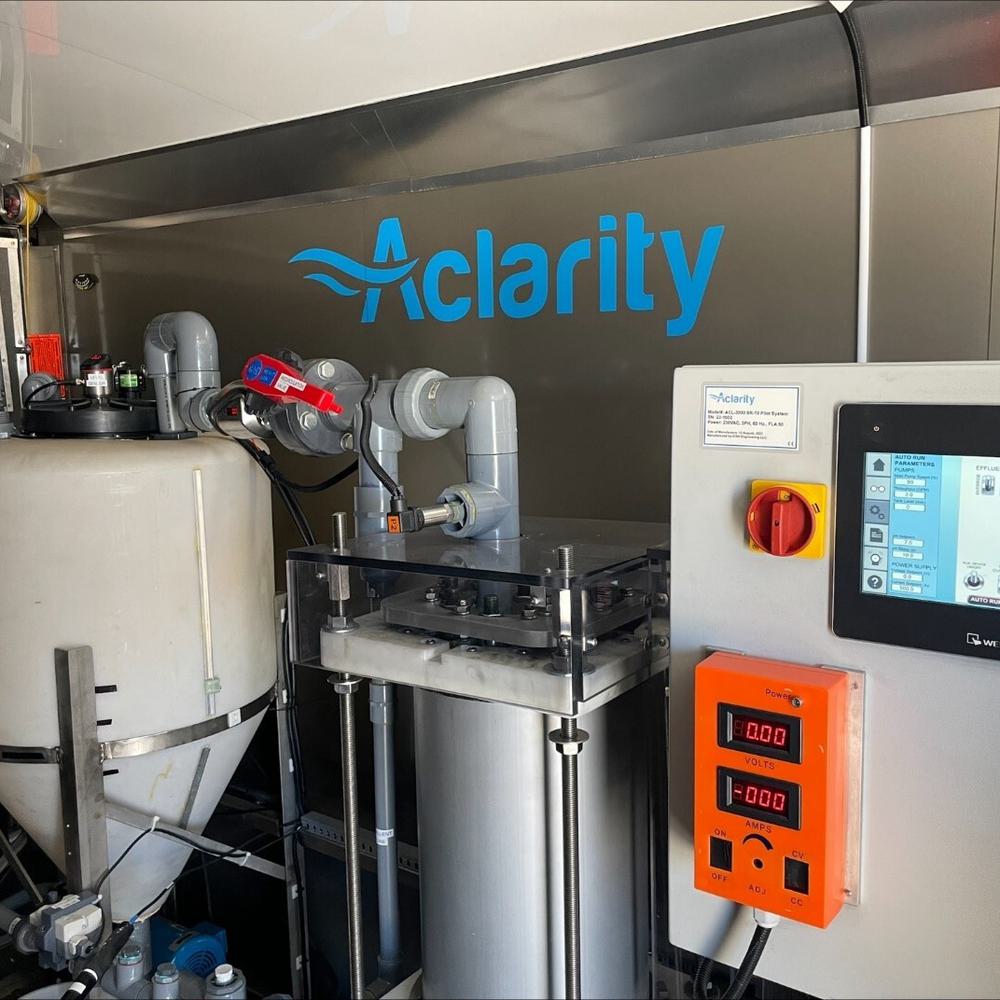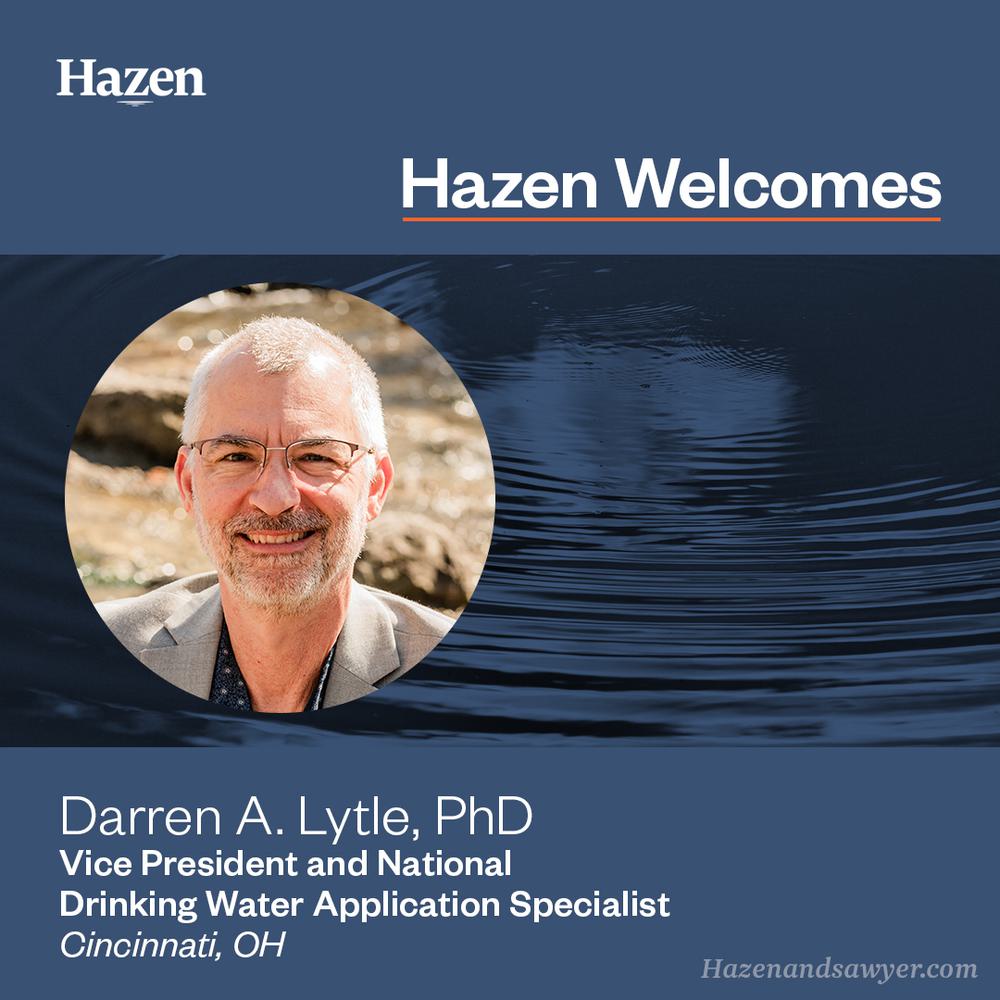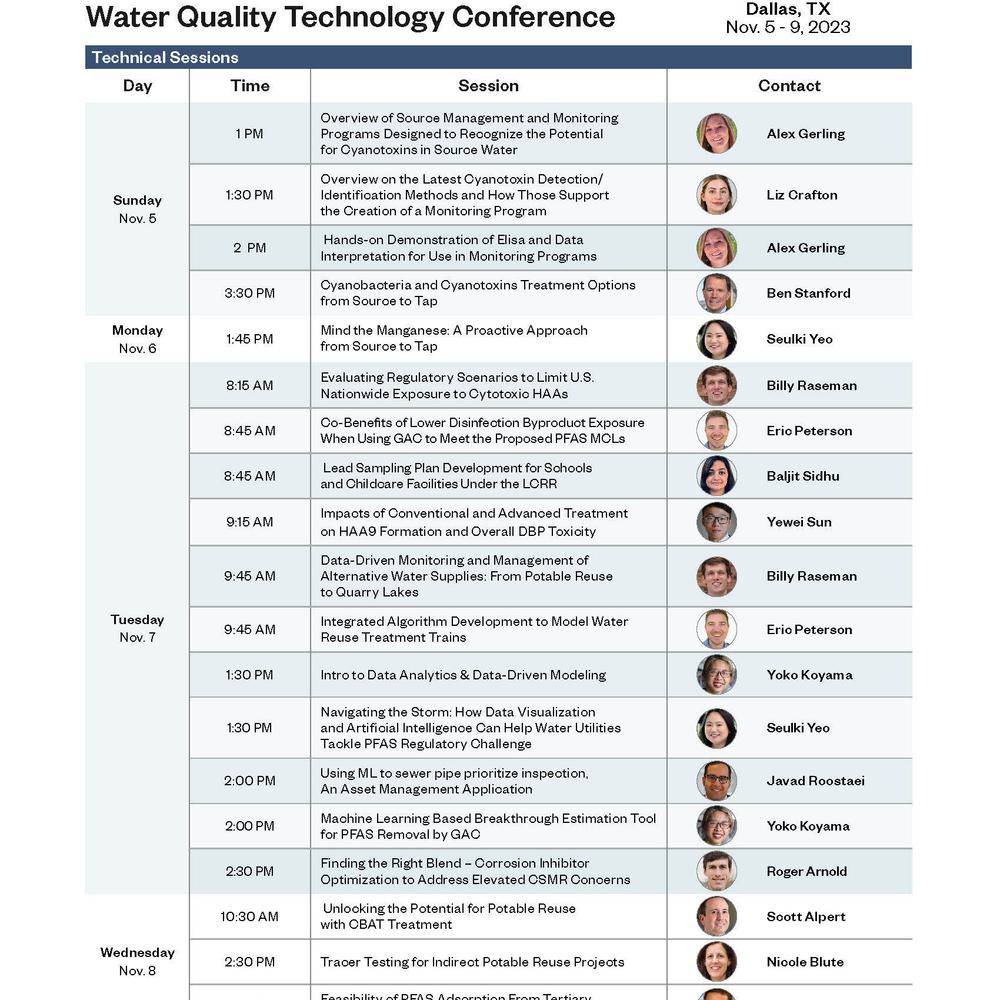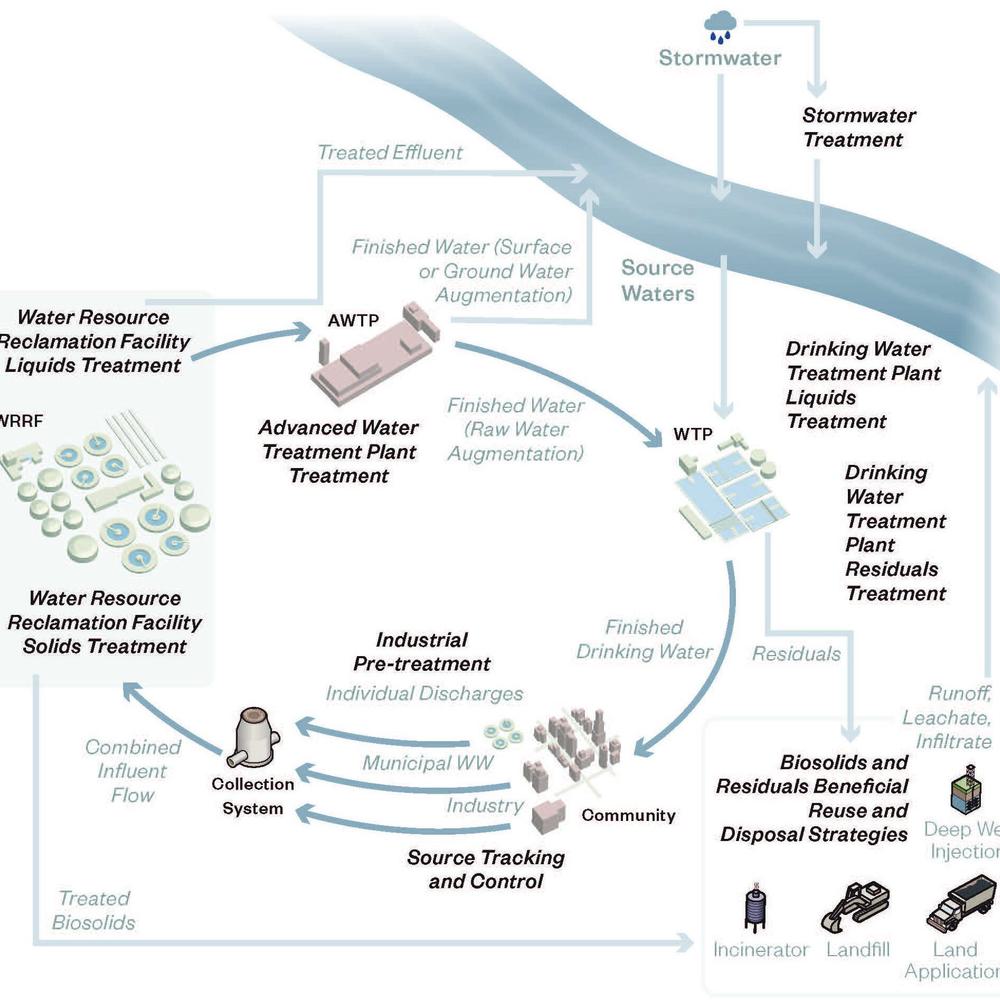Per- and Polyfluoroalkyl Substances (PFAS)
Dr. Erik Rosenfeldt is Hazen’s Drinking Water Practice Lead and a senior member of the firm’s Reuse and Applied Research groups.
Per- and polyfluoroalkyl substances (PFAS) are man-made chemicals commonly found in the soil, water, and air. Though water treatment facilities do not manufacture PFAS, they will soon be forced into responsibility for PFAS management in drinking water, wastewater effluent, and solid by-products of the treatment process.

Successful PFAS Management
The future of PFAS management includes a lot of uncertainty, such as evolving research on health effects, regulatory changes, and an upcoming national monitoring study. Hazen stands at the forefront of PFAS management, working with clients to develop customized and optimized solutions that provide near-term PFAS water quality improvement and long-term sustainability and certainty.
We have worked in surface water and groundwater, developed solutions for meeting long-chain and short-chain PFAS targets, and successfully completed projects for facilities ranging in size from less than 60,000 gallons per day to more than 200 million gallons per day.
Building upon years of experience, Hazen helps drinking water utilities nationwide try to understand PFAS management.
We have worked in:
- Surface water and groundwater
- Developed solutions for meeting long-chain and short-chain PFAS targets
- Installed granular activated carbon and ion exchange facilities
- Researched innovative treatment approaches
- Successfully completed projects for facilities ranging in size from less than 60,000 gallons per day to more than 200 million gallons per day
We also support many utilities in communications with their customers and other stakeholders about PFAS, including projects focusing on drinking water, biosolids sold as fertilizer, and holistic “one water” approaches.

























